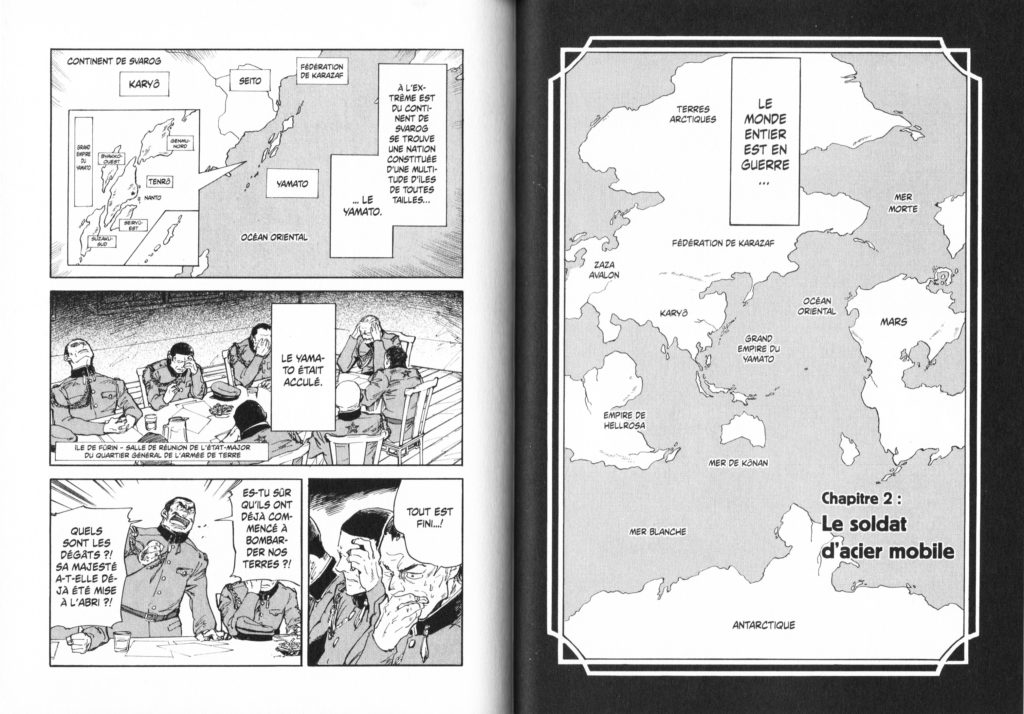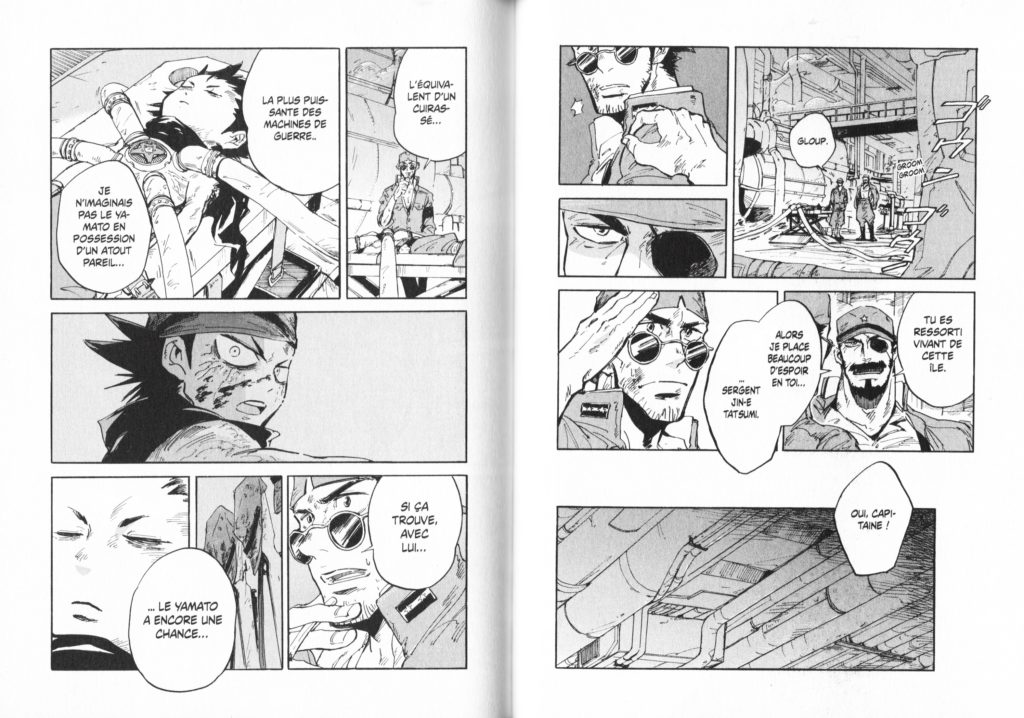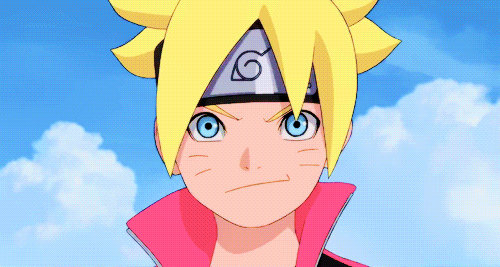It is a small bombshell that publishes Panini editions. The Bomber boy series offers readers an explosive military uchrony revisiting the Asia-Pacific war. This one, a mixture of genres and influences offers, a breathless, harsh and metaphorical narrative. It also has the quality of being short, four volumes available from the publisher. Here we come back the first volume, an unexpected crush.
If Astro had been engaged in the Asia-Pacific War
Bomber Boy takes place in 2732 of the Tenki era. Wanting to catch up with the other world powers, the Yamato Empire began a policy of aggressive expansion throughout the Pacific. He first set his sights on the mainland state of Karyō before turning to Ashu, the South Pacific. His ambitions led him to come into confrontation with the power of Mars, a huge continental state in the eastern Pacific. However, Yamato is only an archipelago with limited resources. The war that had begun well with the attack on the Amber Harbor base went wrong. Mars' forces are advancing everywhere and Yamato's troops are in full debacle. Especially on the island of Gallé where Sergeant Tatsumi and his men are on the verge of annihilation when Kitetsu appears member of the special forces of the Divine Wind. Their savior is actually a child with supernatural powers. Tatsumi decides to join this mysterious unit that seems capable of turning the tide of the war. 
Bomber boy: Inglorious Basterds
Mikumo Seto offers a powerful story built at the height of men. The whole introduction presents a unit left to itself seeking above all to survive. She immediately places the story as an uncompromising plunge into the hell of war, the isolation of the trooper and the emptiness of the objectives. This gives the first tone to this story that borrows as much from the film The Red Line as from this other monument of the 7th art Under the flag of the rising sun. The story then evolves into a second atmosphere: that of a group of atypical soldiers. Bomber boy celebrates a unit composed of eccentrics with a particular relationship to authority and hierarchy. One rule: fight well and serve the group. For the rest its members do what they want or almost. And the reader will easily recognize the influences of Inglorious Basterds or the 12 bastards especially through the leader of this cross squad of Aldo Raine and Lee Marvin. 
A bold uchrony
The works proposing to revisit the Asia-Pacific War are few. We can mention the excellent South Korean film Lost Memories or the manga Zipang. The conflicts of memory between the different countries make the subject sensitive especially on the Japanese side. However, Mikumo Seto intelligently tackles this sulphurous material. He bases his story on clear references to the Second World War. If the names have changed, it is easy to identify Japan, the E.U.A, China or the U.S.R.S.S. In addition, the great battles of the Pacific are also easily identifiable: Pearl Harbor, Midway or Leyte. The same goes for the places: the Solomon Islands, the Philippines, Iwo Jima. This strict framework gives all the flavor to Bomber boy. This manga avoids any Manichaeism or desire for revenge. The officers of the Yamato are fanatics ready to sacrifice their men. They lie to their troops in order to hide the scale of the disaster. Similarly, the author presents Mars as an overwhelming power nibbling one by one the possessions of its adversary. And if the antagonist of our "heroes" happens to be the cruel commander-in-chief of the forces of Mars, many dark parts surround the miracle child Kitetsu. Being half mechanical, a weapon supposed to bring peace, he remains an omnipotent child soldier whose origin and thoughts are unknown. Cold, determined, relentless, he looks like Akira from Otomo. A prodigious force, unstoppable, once awakened. 
Bomber boy : a metaphorical tale
The graphic atmosphere brilliantly accompanies the double story. Indeed the author first offers scenes of interesting battles whether on land, sea or in the air. This first volume is therefore not stingy in action and will offer you a landing, bombings, commando operations. This nervous drawing is complemented by the care given to the faces of the characters. The author wants us to feel the pain, the isolation, the doubts of his soldiers. He takes up in his work all the questioning of the Japanese on the meaning of this second world, reflection illustrated by this quote from the film Under the flag of the rising sun: "The government did not ask anyone for permission to enter the war, but we are the ones who paid the price" This constant reflection on this Second World War is found in the many metaphors present in the text. The story is called Bomber Boy, a reference to Little Boy, the atomic bomb that devastated Hiroshima. An awful weapon to end a bloody conflict. Another reference is found in Kiketsu's unit called "Divine Wind Special Forces". Indeed this name evokes the units of Japanese suicide pilots better known under the names "special attack unit" and "Kamikaze" (divine wind in Japanese). Young, fanaticized, they were sacrificed when all was lost and their death only delayed the inevitable defeat. Is this the fatal fate that awaits Kiketsu and his comrades?  The Bomber Boy series has all the qualities to appeal to a wide readership. Passionate about uchronies, connoisseur of the Second World War or simple lover of action works mixed with fantasy, all will find their happiness in this original work.
The Bomber Boy series has all the qualities to appeal to a wide readership. Passionate about uchronies, connoisseur of the Second World War or simple lover of action works mixed with fantasy, all will find their happiness in this original work.






































